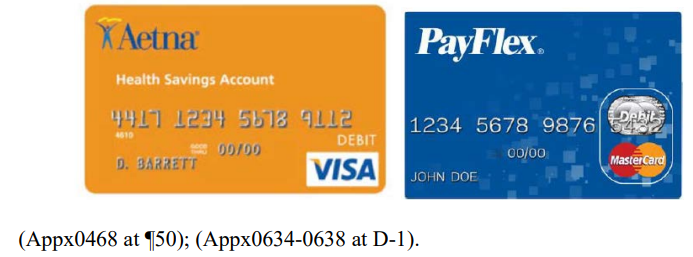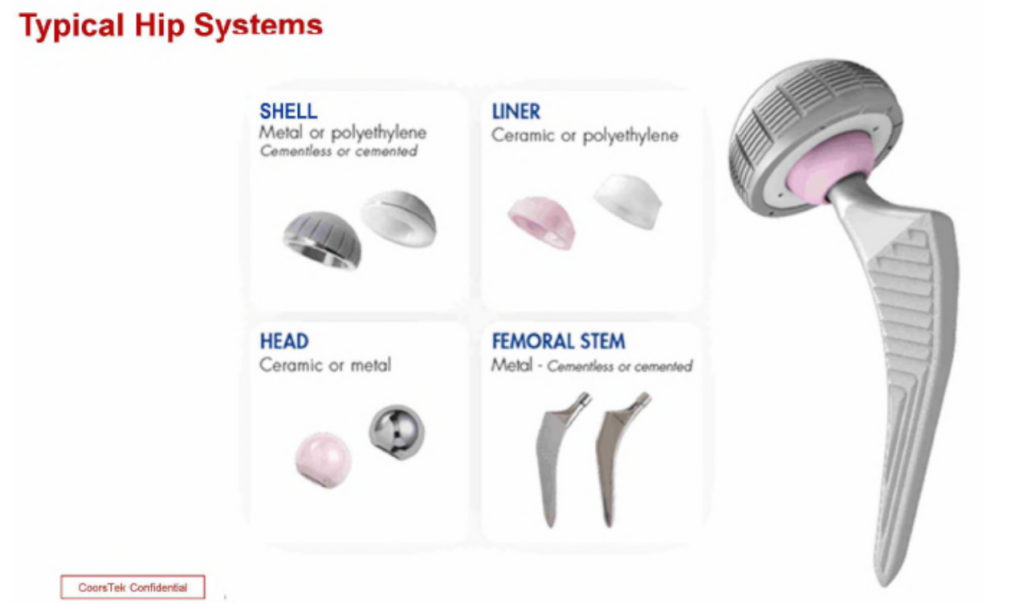by Dennis Crouch
In AlexSam v. Aetna, the Federal Circuit recently revived the patentee's infringement lawsuit against health insurance giant Aetna over its Visa and Mastercard-branded health savings account (HSA) debit cards. AlexSam, Inc. v. Aetna, Inc., No. 22-2036 (Fed. Cir. Oct. 8, 2024). The district court has dismissed the case on 12(b)(6) for failure to state a claim of infringement. The case will likely be highly cited by future infringement plaintiffs seeking to overcome motions to dismiss, especially whether allegations in the complaint are unduly conclusory. The appellate panel also narrowly construed a prior license agreement between AlexSam and Mastercard
AlexSam's asserted U.S. Patent No. 6,000,608 covers a "multifunction card system" that can serve as both a debit card and a medical services card. I have reproduced the two asserted claims below. And no, this is not an eligibility case.
To continue reading, become a Patently-O member. Already a member? Simply log in to access the full post.

